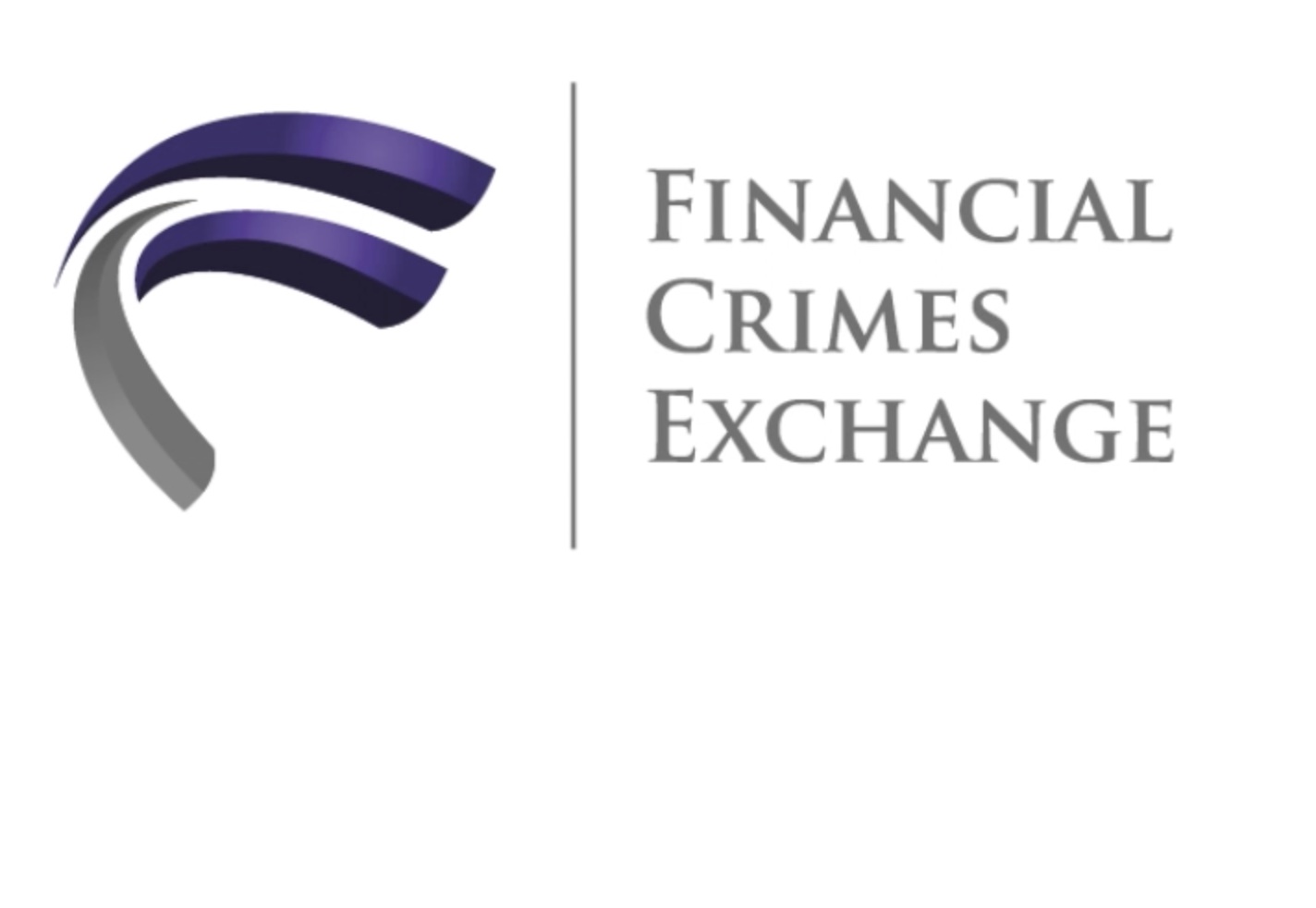
Best in class, since 2016
The federal government’s National Anti-Scam Centre is joining the Australian Financial Crimes Exchange’s “intelligence loop” alongside banks, telcos and digital platforms, the Australian Banking Association said yesterday.
The AFCX, which operates the intelligence loop, was built and funded six years ago by Australia’s banks “to allow the public and private sector to better coordinate intelligence and data-sharing activities to stamp out financial and cyber-crime.”
ABA CEO Anna Bligh said more coordinated sharing of scam information will be a key tool in putting scammers out of business.
“This show of strength between the key players from across government, banks, telcos and digital platforms will make Australia an even harder place for scammers to operate” Bligh said.
High-impact negotiation
masterclass
July 9 & 16, 2025
5:00pm - 8:30pm
This high-impact negotiation masterclass teaches practical strategies to help you succeed in challenging negotiations.
“Its expansion will make it easier to shutdown scammers.
“Banks play a critical role in the operation of this intelligence tool, whether it be acting on information it receives from another participant or passing on critical intelligence that can be used to dismantle a scam.
“In practice it means when a bank customer reports it has received a scam via SMS (for example), the bank can share that information with the relevant telecommunication provider, who can take action to block the phone number.’
Commonwealth Bank explained things a bit better: “Co-designed by the Australian Financial Crimes Exchange and the National Anti-Scam Centre, the intel loop means banks, telecommunications networks, internet service providers and social media companies can share information on scams between themselves more easily - enabling faster action and greater protections.
“Organisations that integrate into the loop will be able to quickly share verified information with other participants, so that phone numbers and URLs used by scammers for calls and SMSs can be blocked, and fake websites, social media advertisements and posts taken down.”
According to CBA, they are “the first bank to integrate and share information” into this “new ‘anti-scam intelligence loop’.”
So what’s really new, beyond an opportunity for mass market PR and formally noting that the National Anti-Scam Centre is now “joining” the AFCX?
The National Anti-Scam Centre’s May quarterly update contended “Prior to the introduction of the National Anti-Scam Centre there was an absence of cross sector engagement.”
Whatever the alphabet soup of combatting financial crime and scams, for now – on NASC data – progress is being made, with a decrease in scam losses over the March 2024 quarter.